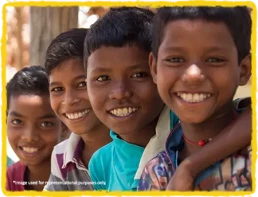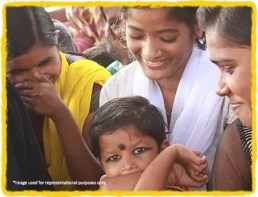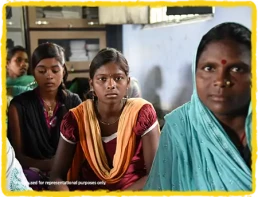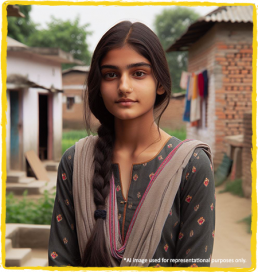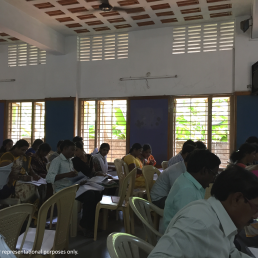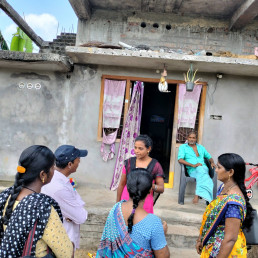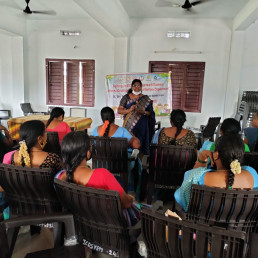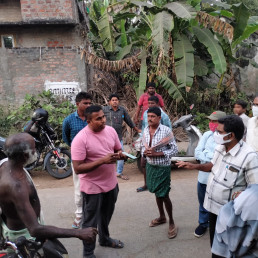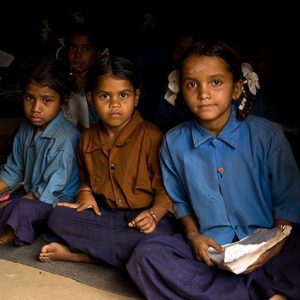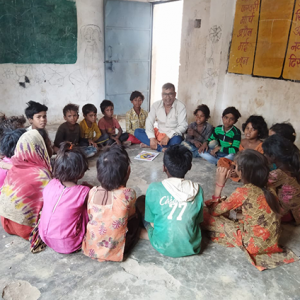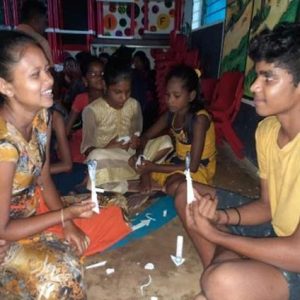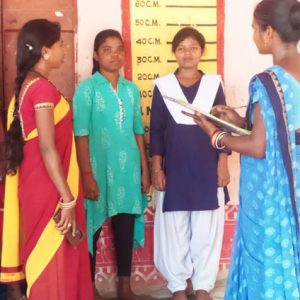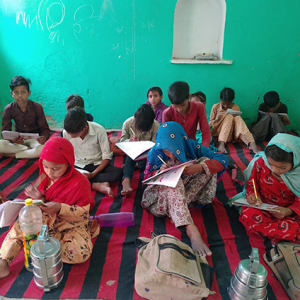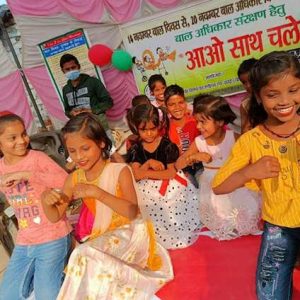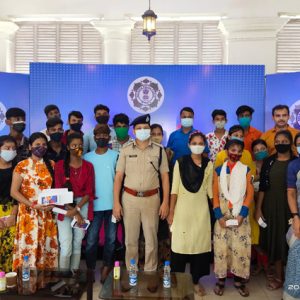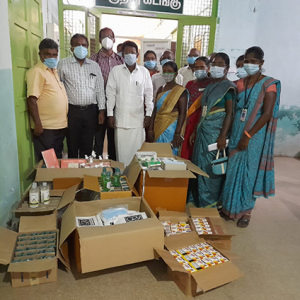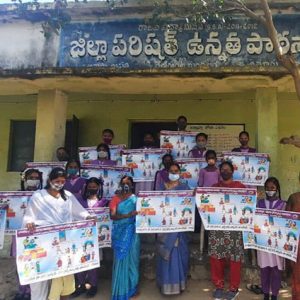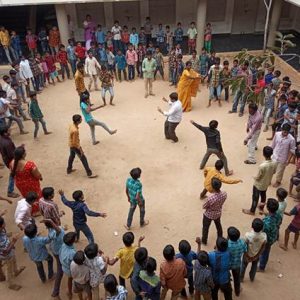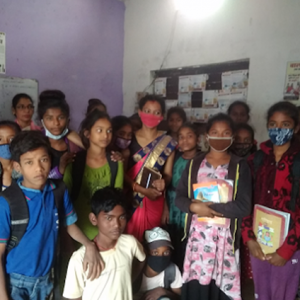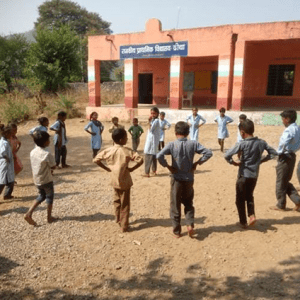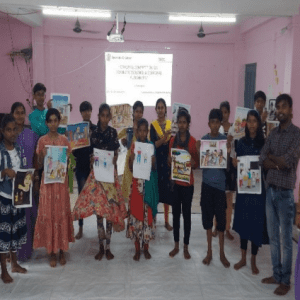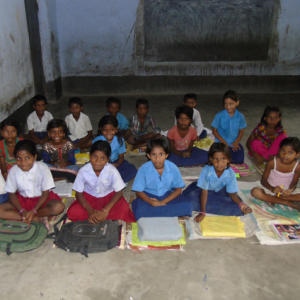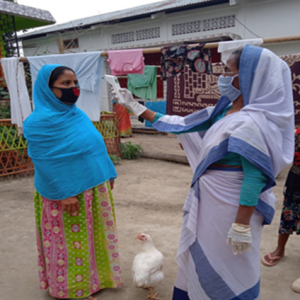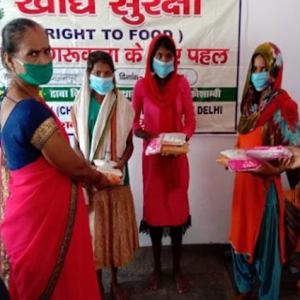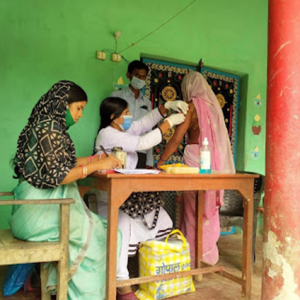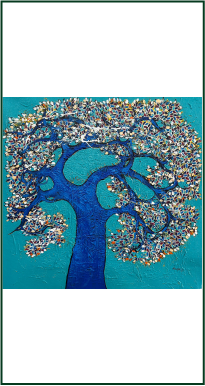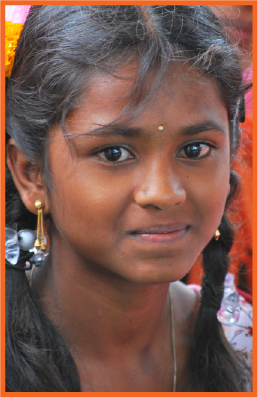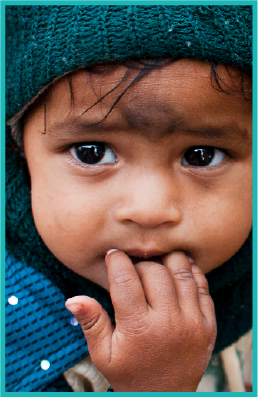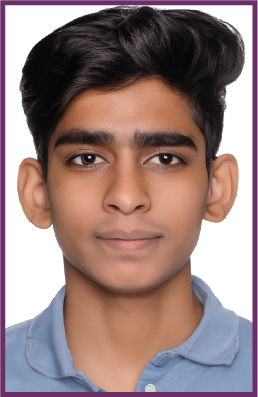Campaign Story
About the project
Bhadradri Kothagudem, a tribal-dominated district in Telangana that depends majorly on agriculture for their livelihood. The community faces significant challenges in early childhood care and maternal health. The Anganwadi Centers (AWCs) in the region lack basic infrastructural facilities, leading to poor execution of the Early Childhood Care and Education (ECCE) Program. Due to inadequate living standards, limited healthcare access, and low awareness of prenatal and postnatal care, children suffer from anemia, malnutrition, and severe stunting. Additionally, maternal health is compromised as many women remain unaware of the importance of institutional deliveries.
Making a difference
CRY America’s Project Eco Foundation for Research & Training (EFFORT) aims to improve healthcare access, provide nutritional support, and promote family participation across 44 villages in Bhadradri Kothagudem District. The project focuses on identifying vulnerable families, offering counseling for children and maternal health, tracking pregnant women and lactating mothers, supporting malnourished children, ensuring newborn immunization, and enhancing the infrastructure of Anganwadi Centers.
The way forward
● Track 50 pregnant and lactating mothers.
● Activate Health, Nutrition and Sanitation Committees in 5 villages
● Track and monitor immunization for 517 children aged 7 months to 3 years
● Establish Community-Based Organizations (CBOs) in 10 villages.
● Sensitize parents of 46 children under 6 months on immunization
● Formation of Community Based Organizations in 10 villages
● Growth monitoring of 647 children aged 3-6 years
● Introduce kitchen garden in 5 villages and protein garden in 5 villages
● Facilitate formation of Child Collectives and Adolescent Girl’s collectives in 20 villages.
● Implement Life Skill year 1 modules in 10 Child Collectives
Project Impact
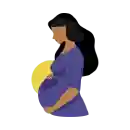
23
Pregnant women encouraged to seek prenatal care.

96
Pregnant and lactating women monitored for health progress.

564
Children (aged 0-3 months) tracked for health progress.

1,249
Children (aged 10-18 years) monitored for collective formation.

3,304
Children’s Baseline Data Analysis conducted from 1,806 households.












